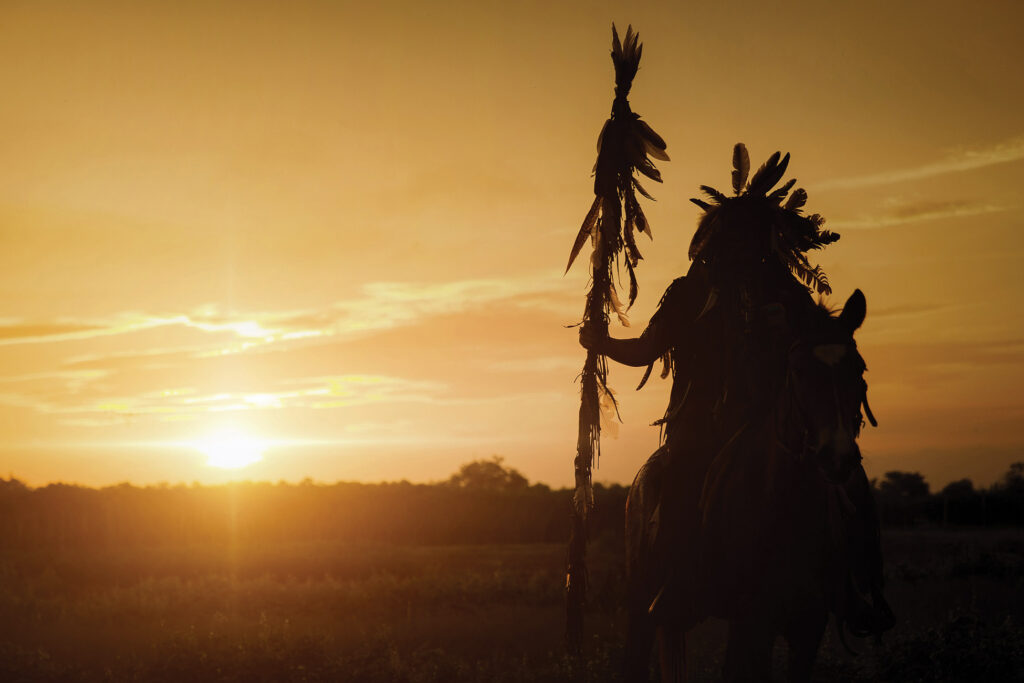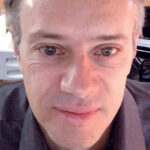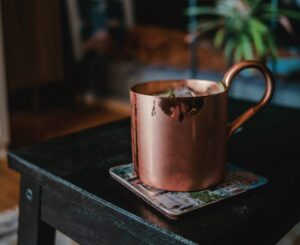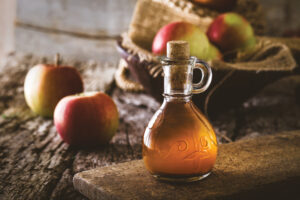Advertisement
Ask the Experts
Aboriginal medicine and modern herbalism

Advertisement
Q: What role did Native Americans in the US and Aboriginal Peoples in Canada play in influencing modern herbalism?
A: In 1536, explorers travelling with Jacques Cartier developed scurvy after their vessel was trapped in winter ice on the St. Lawrence River near present-day Quebec. The Iroquois came to the rescue of the survivors, administering a vitamin C-rich tea made from boiling the winter leaves and bark of an evergreen tree they called Annedda or tree of life. Today we know that cedar contains 50 mg of vitamin C per 100 g, comparable to orange juice.
Many such remedies were eventually approved as official medicines. In 1928, 69 plants used by the Chippewa were included in the United States Pharmacopoeia.
Echinacea was a revered plant of the Plains Indians, who used it to treat snakebite, poisonings, and septic diseases. In the wake of its adoption by practitioners of Eclectic medicine in the mid-1800s, a 1921 survey of these herbal-minded physicians yielded such quotes as, “I could hardly practice medicine successfully without Echinacea.”
The indigenous healing arts were considered by many to be superior to European medicine. Chrestien Le Clercq, a French missionary priest, said in 1691: “They are all by nature physicians, apothecaries and doctors by virtue of the knowledge and experience they have of certain herbs which they use successfully to cure ills that seem to us incurable …”
We have Native Americans and Aboriginal Peoples to thank for many of our best herbal medicines, including black cohosh, goldenseal, and echinacea, to mention only a few.
“Only to the white man was nature a wilderness … to us it was tame, Earth was bountiful and we were surrounded with the blessings of the Great Mystery.”
—Luther Standing Bear, chief of the Oglala Lakota Sioux





